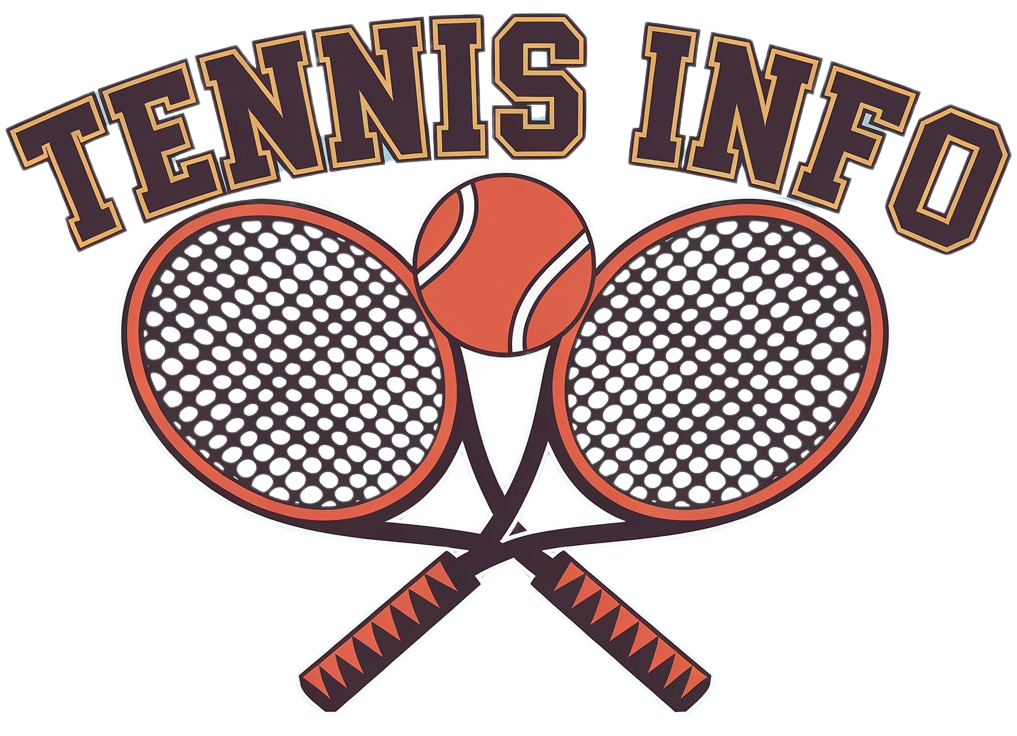Elina Svitolina’s Season Conclusion: A ReflectionŌĆŹ on Mental ŌüŻHealth in Sports
ukrainian tennis sensation Elina Svitolina has made the tough choice toŌüż end Ōüżher 2025 season Ōüóearly,Ōüó citing ŌĆŹsignificant challenges with herŌĆŗ emotional healthŌĆŗ as the primary reason. In a poignant messageŌüŻ shared via her Ōüż social media platforms, she expressedŌĆī concern about not being in Ōüóan optimal emotional state ŌĆīto compete Ōüóat theŌĆī elite level.This announcementŌüŻ comes after Ōüóa tumultuous yearŌüó for the ŌĆŹformer worldŌüó No. 3,Ōüó who has encountered various hurdles both on and offŌĆŹ theŌüŻ court. As fans and commentators respond to this news,Svitolina’s decision highlights critical discussions surroundingŌĆī mental health and its impact on high-performance athletics,drawingŌĆī attention to the immense pressures athletes ŌüŻface today.
Svitolina’s Emotional Struggles: AŌüż Deep Dive into Professional tennis
Elina SvitolinaŌĆÖs choice to conclude herŌĆŹ 2025 ŌĆŗseason prematurely ŌüŻstems fromŌĆŹ profound challenges regarding her emotional well-being. After a yearŌüż filled with bothŌĆŗ triumphs andŌĆī setbacks, she remarked,ŌĆŗ ŌĆ£IŌĆÖm notŌüŻ in the right emotional space,ŌĆØ highlighting how professional tennis can affect athletes mentally as much as physically. The former world numberŌĆī three has faced numerous difficulties this ŌüóseasonŌĆöfrom injuries that hindered her training regimen to pressures associatedŌĆŹ with maintaining peak performanceŌĆöculminating in a struggleŌĆŹ to find joy Ōüżwhile competing.
SvitolinaŌĆÖs career is marked by resilience; however, her current ŌĆŹsituation reflects a broader ŌüŻissue within sports where mental health is becoming increasingly vital. Key moments throughoutŌüŻ her journey illustrate this ŌĆīvulnerability:
- Injury Challenges: She has endured ŌĆīmultipleŌĆŹ injuries that have disrupted both training and competition ŌĆīschedules.
- Media Attention: The intense scrutiny ŌĆīof her career ŌĆŗfrequently enough amplifies personal struggles, resulting in Ōüómixed reactionsŌĆī from supporters and critics alike.
- Lifestyle Changes: Navigating significant transitions in personal life has tested her ŌĆŹemotional fortitude, leading to periods of introspection.
Mental Health and Athletic Performance: Insights from Svitolina’s Choice
SvitolinaŌĆÖs decisionŌüż underscores anŌĆŹ essential truth within athleticsŌĆöthe considerable effect mental health can have on performance levels. Her ŌĆŗhonest admission Ōüóabout not being emotionally ŌüŻprepared serves as a powerful reminder that even seemingly invincible athletes are vulnerable to psychological strains ŌĆŹassociated ŌĆīwith competition.This ŌüŻscenario emphasizes prioritizing mental wellnessŌĆönot onyl for achieving success but also Ōüófor overall personal well-beingŌĆöas elite competitors navigate ŌüŻtheir demanding environments.
- Pervasive ŌĆŗPressure:The expectations placed upon athletes can lead to overwhelming stress levels.
- Burnout Potential:A ŌĆŹcontinuous cycle of high-pressure Ōüósituations may result in ŌĆīsevere mental fatigue.
- Coping with Injuries:Mental strength is crucial ŌĆŗwhen facing setbacks due to physical ailments.
The aftermath of SvitolinaŌĆÖsŌüż announcement has Ōüósparked renewed conversations around mental health ŌüówithinŌĆī sportsŌĆī communities. More athletes are beginning openly discussing their struggles, emphasizing an urgent need for robust support systems tailored towards their needs. Recent research indicates that there is indeed a strong correlation between psychological well-beingŌĆŹ and athletic performance Ōüżmetrics:
| Mental Factor | Affect on Performance ŌüŻLevels |
|---|---|
| Mental Resilience | Aids concentration and enhances decision-making skills |
| Challenges | |
|---|---|
| Burnout | Establish boundaries along with scheduledŌüż breaks.< / td > < tr >< td >Performance Anxiety< td > < tr >< td >Isolation< td > < tr >< td >Pressure To Win< td > |






